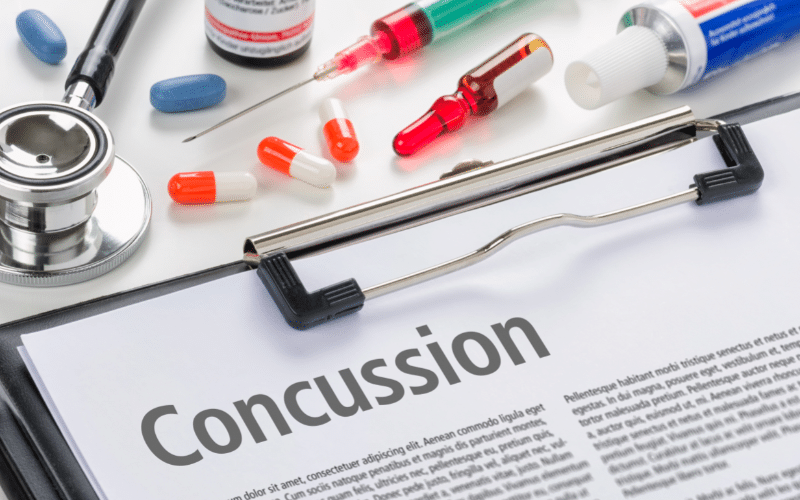Introduction: Understanding Concussions and Their Impact on Health
A concussion is a type of mild traumatic brain injury (TBI) that affects thousands of people each year, especially those involved in sports or other high-impact activities. It’s vital to recognize the signs and symptoms of a concussion to ensure proper treatment and recovery. In this comprehensive guide, we will explore the 15 telltale signs and symptoms of a concussion, the importance of seeking professional help, and how to support someone dealing with this brain injury.
Concussions occur when the brain experiences a sudden force or jolt, often caused by a direct blow to the head or a violent shaking of the head and upper body. This force can cause the brain to move within the skull, resulting in temporary or long-lasting neurological effects. Understanding these signs and symptoms is crucial for early intervention, which can ultimately lead to better outcomes and a reduced risk of long-term complications.

Although concussions are considered a mild form of TBI, they should never be taken lightly. If left untreated or undiagnosed, a concussion can lead to severe consequences, such as post-concussion syndrome, second-impact syndrome, or even death. With this in mind, let’s delve into the 15 telltale signs and symptoms of a concussion.
#1. Nausea and Vomiting: Unsettling Indications of a Concussion
Nausea and vomiting are common symptoms following a concussion, as the brain injury may disrupt the body’s balance and coordination systems. These symptoms can be both physically and emotionally distressing, making it difficult to carry out everyday tasks. (1)
It is crucial to stay hydrated and avoid triggers that may exacerbate nausea, such as strong smells or specific foods. Over-the-counter medications can help alleviate nausea, but they should be used under a doctor’s guidance. Persistent or worsening nausea and vomiting should be reported to a medical professional, as they may be indicators of a more severe brain injury.